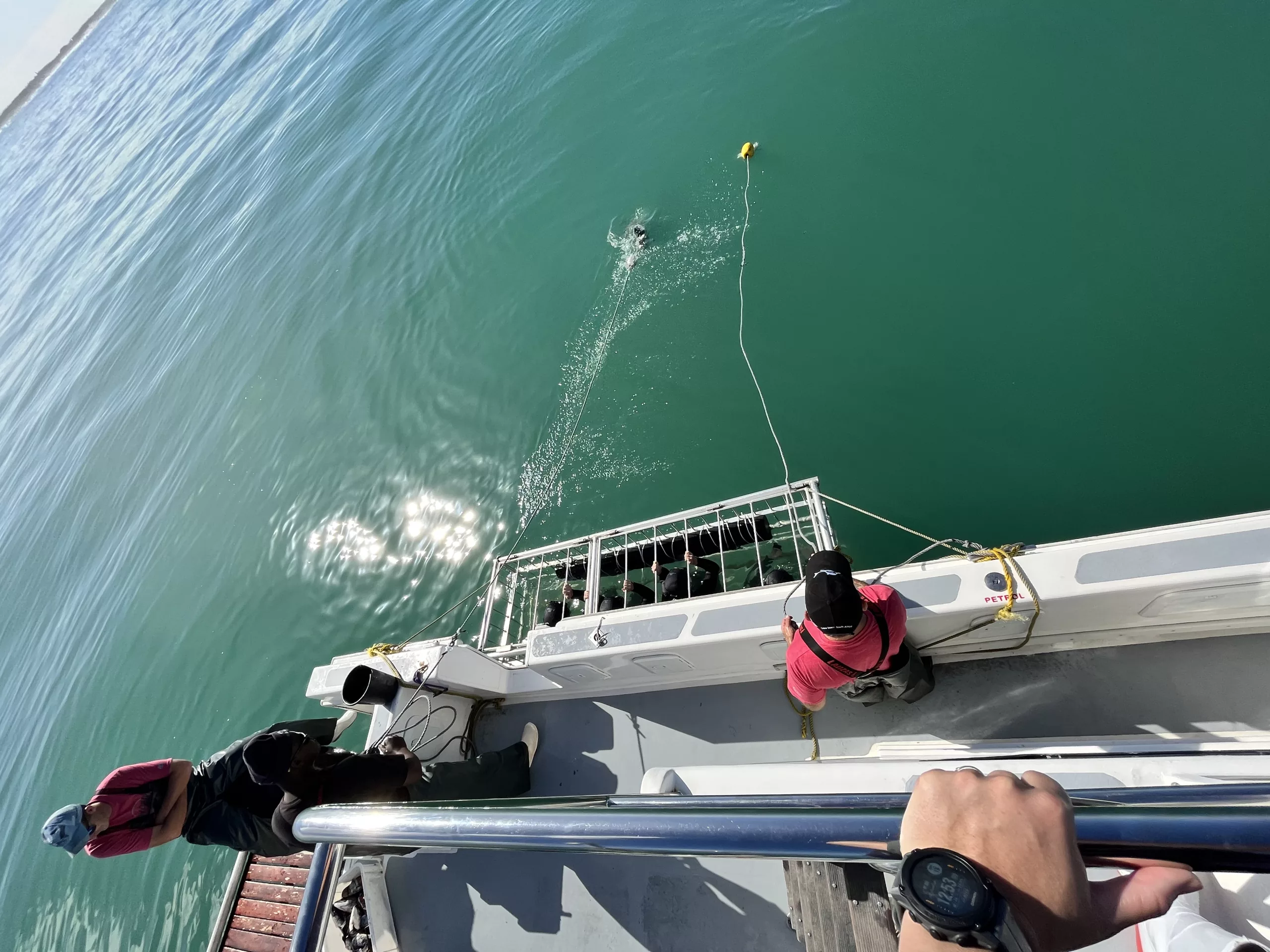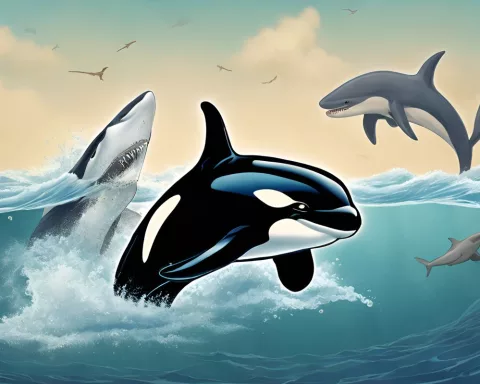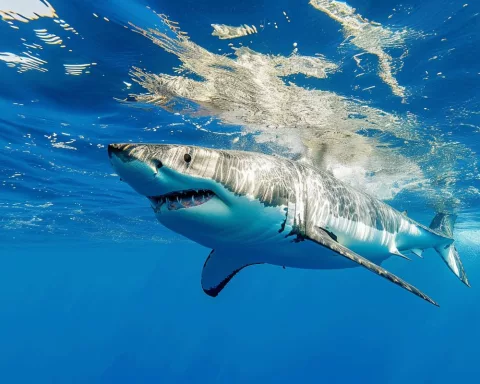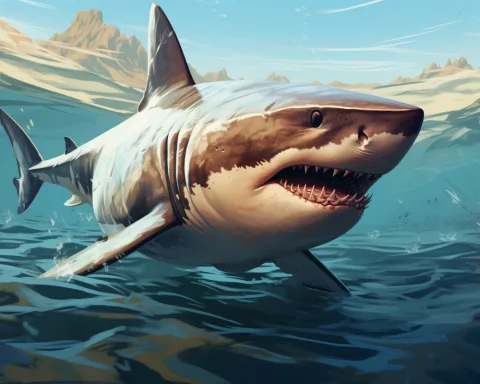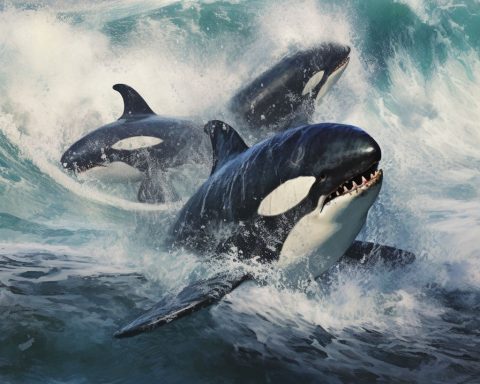Shark cage diving offers shark lovers an extraordinary opportunity to witness these ancient creatures in their natural habitat. Forget movies like Jaws and Sharkando, and experience sharks in the wild where you can see for yourself their great beauty. When booking your shark trip, it’s natural to ask yourself if shark cage diving does anything to benefit the sharks?
First and foremost, shark cage diving brings a significant amount of awareness of sharks and their plight. Many sharks are listed as endangered due to overfishing and other reasons, all by the hand of humans. Consequently, it’s humans that we need to influence and educate about saving them. Observing these sharks face to face is the most impactful way of building this personal connection and which drives conservation.
There is still so much that we don’t know about sharks, and that’s where shark cage diving industry assists. Shark cage diving operators in Cape Town monitor sharks daily by recording data on the types of sharks observed, size, sex and any distinguishing marks. The shark cage diving industry reports include the shark’s behavioural patterns and any events witnessed. For example, over 20 years ago, not much was known about how the Orca hunted and killed the Great White. It was shark cage diving operators who recorded some of the first encounters to be documented.
The crew onboard the vessel are all passionate and well educated on sharks and the threats they facing. The day before your trip, guests receive an educational e-booklet on the area and what you can expect in terms of sharks and other wildlife. Once you are on the boat, you will be handed a complementary booklet to refer to while the crew share their knowledge and firsthand experience obtained over the years.
A popular misconception is that shark cage diving encourages an association with humans and food. In South Africa law strictly prohibits the feeding the sharks. Feeding of sharks is also avoided due to the ethical and conservation reasons. Operators use a point of interest to attract sharks to the boat –such as a tuna head that is attached to afloat and a rope and pulled away from the sharks. This bait is used solely as a lure; the bait and shark handlers skilfully bring the sharks alongside the cage for up close and personal experiences, all the time ensuring the sharks are in no danger of hurting themselves.
In addition to not feeding sharks, the South African Shark Cage Diving law prohibits the touching of sharks and operators enforce this law stringently. Most operator’s respect the wildlife and instil this with every guest.
Some might see the large steel cages and think, do the sharks get hurt when swimming past? The cages used in shark cage diving are commonly either made from Steel or Aluminium. Although these cages are strong, none of the edges are sharp, to ensure that the divers and sharks do not get injured.
Conservation is key to protecting the sharks and operators use their profits to continue the hard work with conservation organisations. Apex Shark Expeditions contributes to Western Cape Coastal Management – dune rehabilitation, Baboon monitoring, Stormwater drain net management and Save a Fishie.
After your shark cage diving trip in Cape Town, you’ll walk away with a newfound respect and admiration for sharks and the people that are trying to save them. You’ll likely become a shark ambassador and part of the sharky family and online community.

